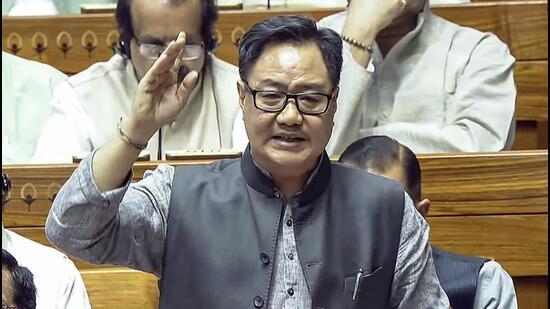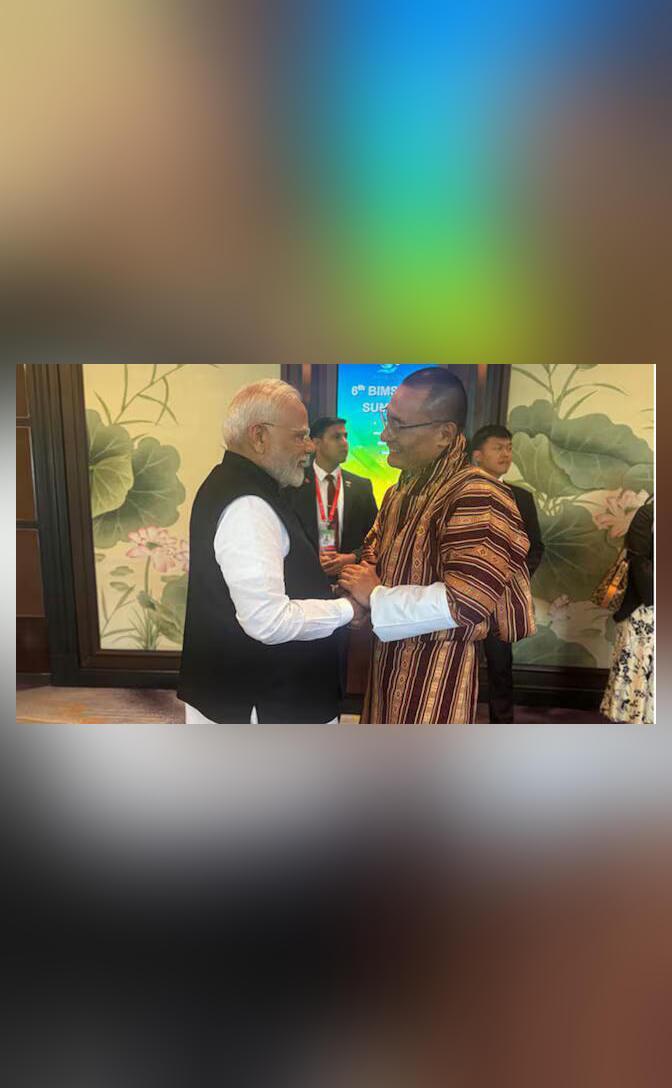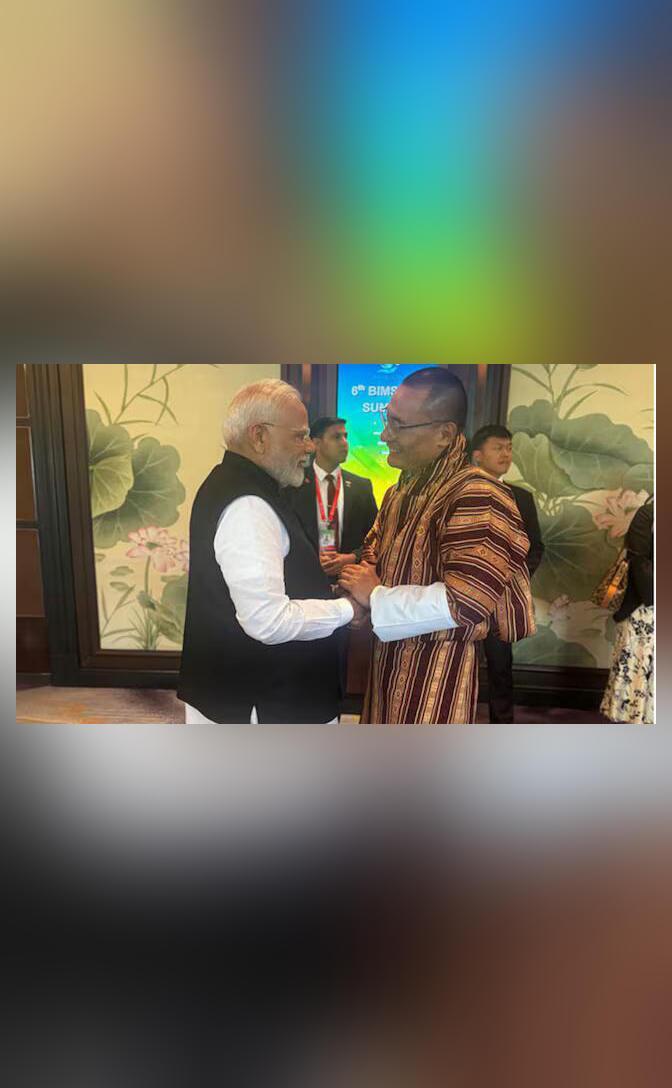
Opposition Creates Confusion & Leaves House: Rijiju in Rajya Sabha
The Rajya Sabha, India’s upper house of parliament, has been witness to much debate and discussion in recent times. The latest development in this regard is the controversy surrounding the Waqf (Amendment) Bill, which has sparked heated exchanges between government and opposition members. Union Minister Kiren Rijiju, who is also a member of the Rajya Sabha, has criticized senior members of the opposition for creating confusion and raising issues in the House without staying back to listen to the replies.
Rijiju’s remarks came during the discussions on the Waqf (Amendment) Bill, which was introduced in the House recently. The bill aims to amend the Waqf Act, 1995, and make certain changes to the existing law. The opposition, however, has been vocal in its criticism of the bill, claiming that it will harm the interests of Muslims and undermine the autonomy of Waqf boards.
During the debate, MP Kapil Sibal, a senior member of the opposition, compared the properties of Waqf bodies with those of other religious bodies. This move was seen as an attempt to create confusion among the members and the public at large. Rijiju, who was responding to Sibal’s remarks, accused him of creating confusion and not staying back to listen to the replies.
Rijiju’s criticism of Sibal and other opposition members is not without merit. The opposition has been known to raise issues in the House without providing any concrete evidence or data to support their claims. This has led to confusion among the members and the public, who are left wondering what the truth is.
The Waqf (Amendment) Bill is a contentious issue, and the opposition has been using all means at its disposal to discredit the government’s efforts to reform the Waqf Act. The bill is aimed at bringing transparency and accountability to the Waqf boards, which have been plagued by corruption and mismanagement in the past.
The opposition, however, claims that the bill is an attempt to undermine the autonomy of Waqf boards and harm the interests of Muslims. They argue that the bill will allow the government to interfere in the affairs of Waqf boards and dictate how they should function.
Rijiju’s criticism of the opposition’s tactics is not the first time that the government has reacted to the opposition’s moves in the Rajya Sabha. The government has been facing stiff opposition from the Congress-led UPA and other parties, which have been using all means at their disposal to disrupt the House and block crucial legislation.
The Waqf (Amendment) Bill is just the latest example of the opposition’s tactics. The bill was introduced in the House recently, and the opposition has been using all means at its disposal to block its passage. They have been raising points of order, demanding adjournment of the House, and even walking out in protest.
The government, however, is determined to push the bill through. It has been engaging with the opposition to address their concerns and find a solution that works for all parties. The government has also been emphasizing the need for reform in the Waqf Act, which has been plagued by corruption and mismanagement in the past.
In conclusion, the controversy surrounding the Waqf (Amendment) Bill is a reflection of the deep-seated divisions in Indian politics. The opposition has been using all means at its disposal to discredit the government’s efforts to reform the Waqf Act, and the government has been trying to push the bill through despite the opposition’s tactics.
Rijiju’s criticism of the opposition’s tactics is a timely reminder of the need for constructive debate and discussion in the House. The opposition should focus on providing concrete evidence and data to support their claims, rather than creating confusion and raising issues without staying back to listen to the replies.
Sources:






